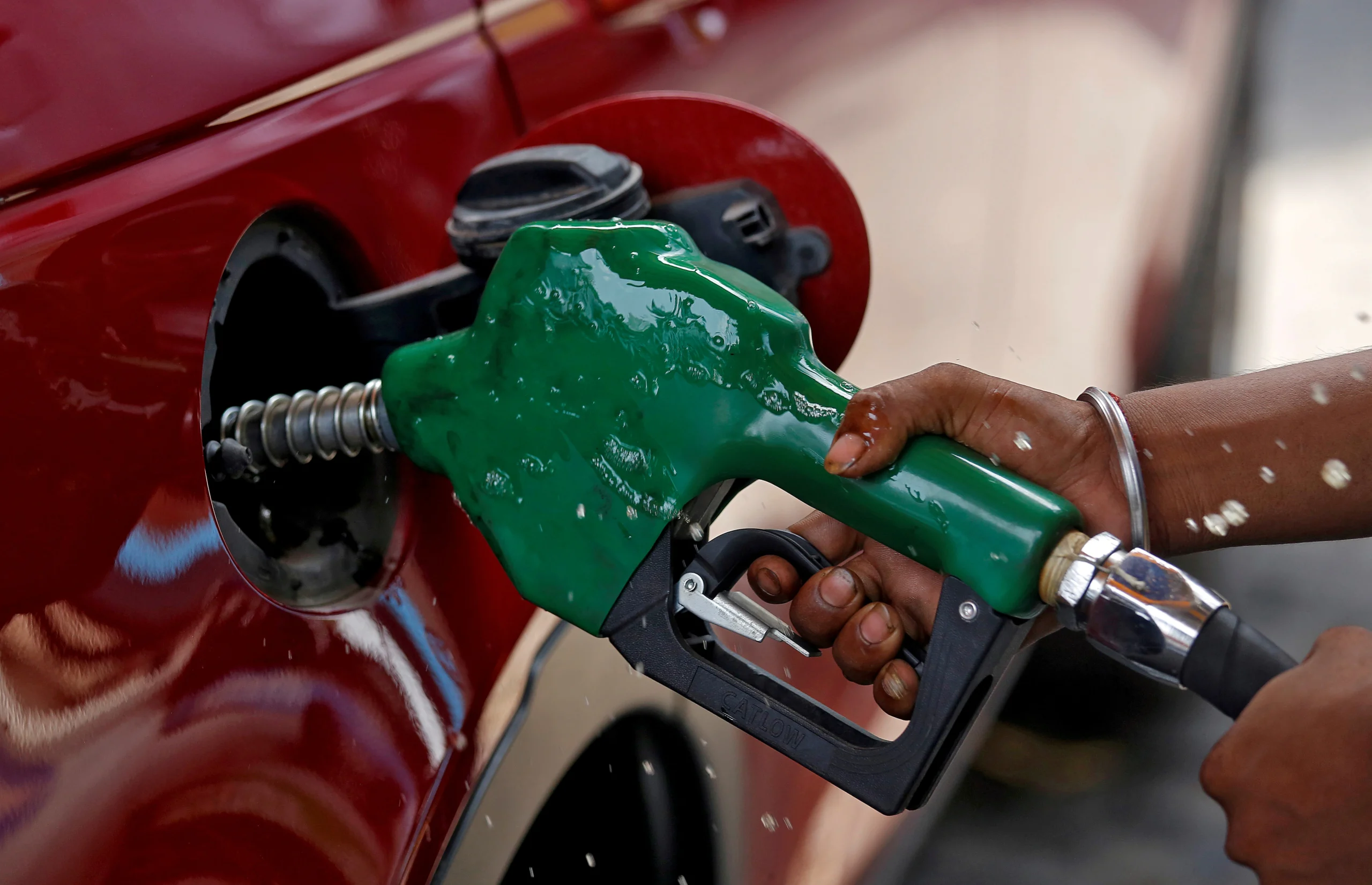In the ever-fluctuating world of Petrol price in Pakistan braces itself for another adjustment in petrol rates. According to recent reports from industry insiders, the upcoming fortnightly review of petroleum prices is expected to bring about changes that may impact consumers. While some adjustments may cause concern, it’s essential to understand the factors driving these shifts and the broader implications they carry.
Understanding the Dynamics
The price of petrol is a subject of global market dynamics, influenced by factors such as international crude oil prices, geopolitical tensions, and economic trends. In the case of Pakistan, the imminent increase in petrol rates is primarily attributed to a surge in international crude prices. Industry officials project a significant rise of nearly 10 Pakistani Rupees per liter, bringing the price to approximately PKR 289.69 per liter.
Global Trends Impact Local Realities
The global oil market has experienced notable fluctuations in recent weeks, with the price of petrol soaring to $95 per barrel from $90 per barrel in just two weeks. This upward trend directly affects local prices, reflecting the interconnected nature of the energy market. While this may present challenges for consumers, it’s important to recognize the broader context shaping these changes.

Mitigating Factors
Amidst the anticipation of higher petrol prices, there are contrasting projections for other fuel types. High-speed diesel (HSD) is expected to see a modest decrease, offering some relief to consumers. Additionally, kerosene prices are anticipated to register a minor decline, while the price of light diesel oil (LDO) may see a marginal increase.
Navigating Economic Realities
The fluctuation in fuel prices underscores the intricate balance between global economic forces and local realities. While the increase in petrol rates may pose challenges for consumers, it’s essential to approach these changes with resilience and adaptability. Governments and industry stakeholders play a crucial role in mitigating the impact of such fluctuations through strategic interventions and policies.
Looking Ahead
As Pakistan prepares for another adjustment in petrol prices, it’s imperative to adopt a proactive stance towards managing energy costs. This entails exploring alternative energy sources, promoting energy efficiency measures, and fostering greater transparency and accountability in the energy sector. By embracing innovation and sustainability, Pakistan can navigate the complexities of the global energy landscape while ensuring a stable and affordable energy supply for its citizens.
Conclusion
The forthcoming increase in petrol prices serves as a reminder of the interconnectedness of the global energy market and its impact on local economies. While challenges may arise, it’s essential to approach these developments with a sense of pragmatism and forward-thinking.
By fostering collaboration between stakeholders and leveraging technological advancements, Pakistan can chart a course towards energy security and sustainable development. As the nation prepares to embrace the future, it must remain vigilant and proactive in addressing the evolving dynamics of the energy sector.
